|
In the 3rd century BC a Greek settlement Tragurion which developed
into a major port in the Roman period. Sudden prosperity of Salona
deprived Trogir of its importance. During the Croatian migration
the citizens of the destroyed Salona escaped to Trogir.
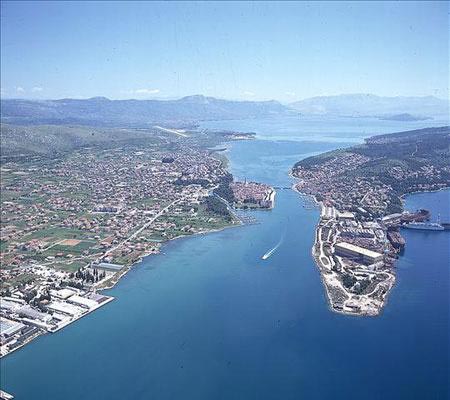
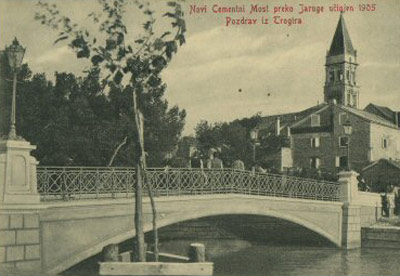
From the 9th century Trogir was paying tribute to the Croatian rulers. The
diocese of Trogir was established in the 11th century (abolished
in 1828) and in 1107 it was chartered by the Hungarian-Croatian
king Koloman, gaining thus its autonomy as a town. In 1123 it was
conquered and almost completely demolished by the Saracens.
However, Trogir recovered in a short period to experience a
powerful economic prosperity in the 12th and the 13th centuries.
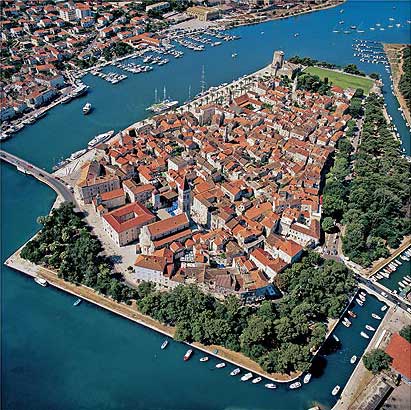
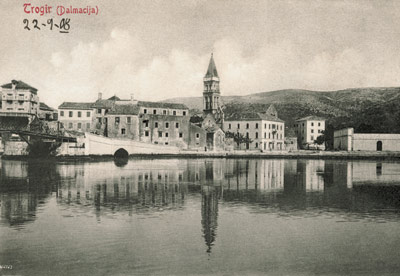
In
1242 King Bela IV found refuge there as he was running from the
Tatars. In the 13th and the 14th centuries the members of the
Subic line were most frequently elected dukes by the citizens of
Trogir; Mladen III (1348), according to the inscription on the
sepulchral slab in the Cathedral of Trogir, called "the shield of
the Croats", was one of the most prominent Subics.
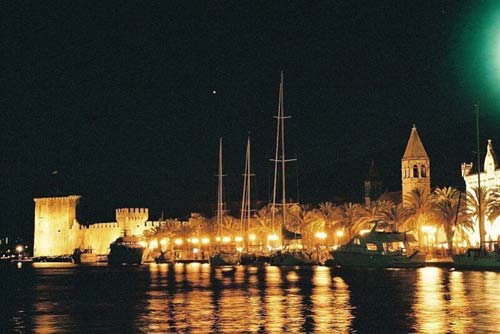
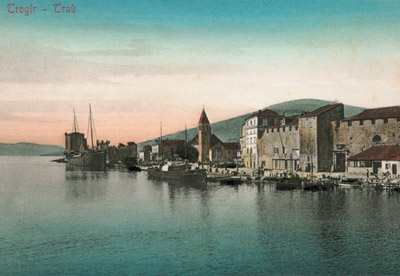
In
1420 the period of a long-term Venetian rule began. On the fall of
Venice in 1797 Trogir came under the Austrian power, which lasted
until 1918 (except for the per-iod under the French rule
1806-1814).
In 1918 it was returned to the parent country.
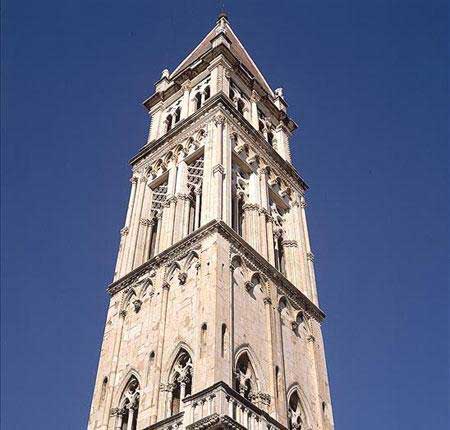
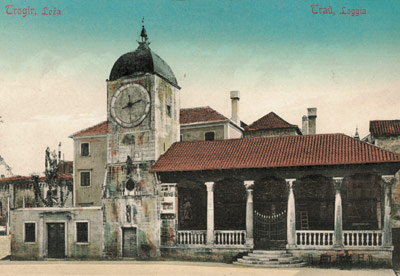
|